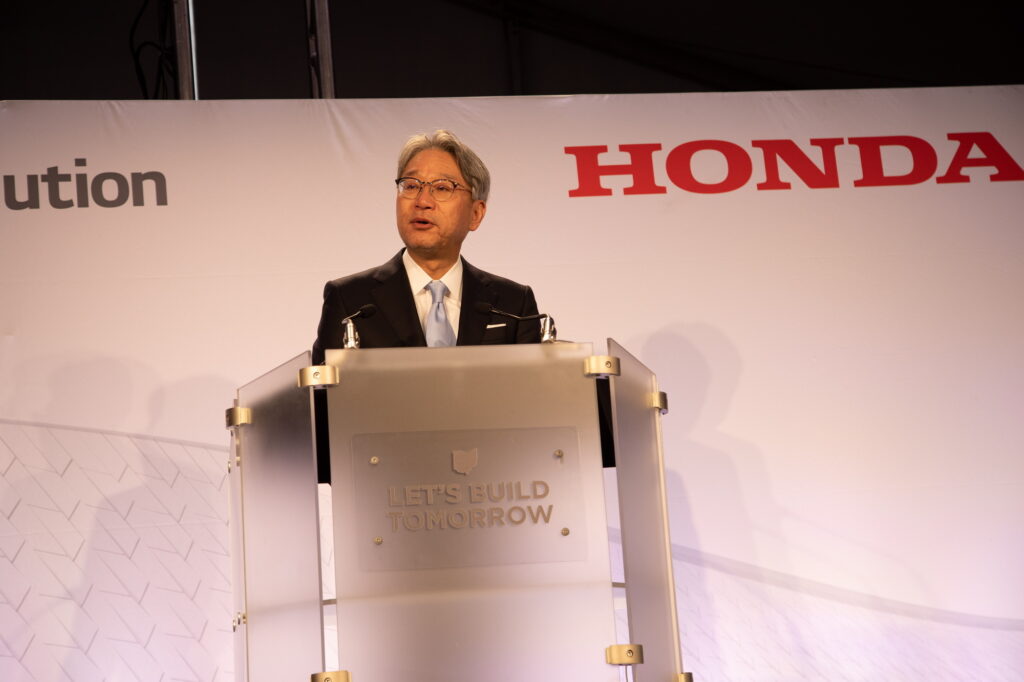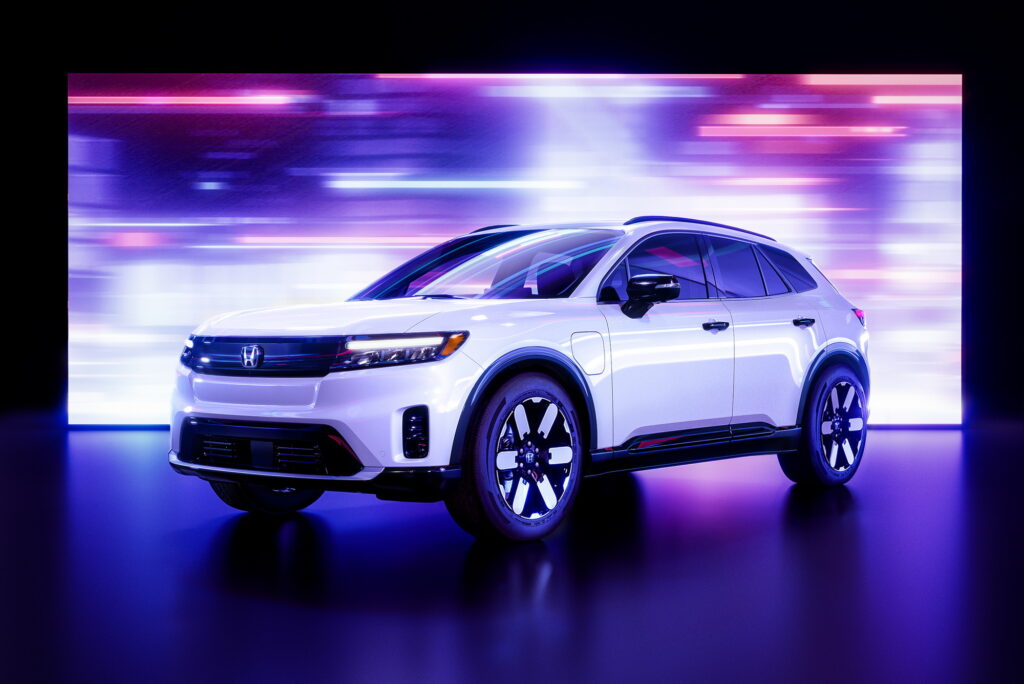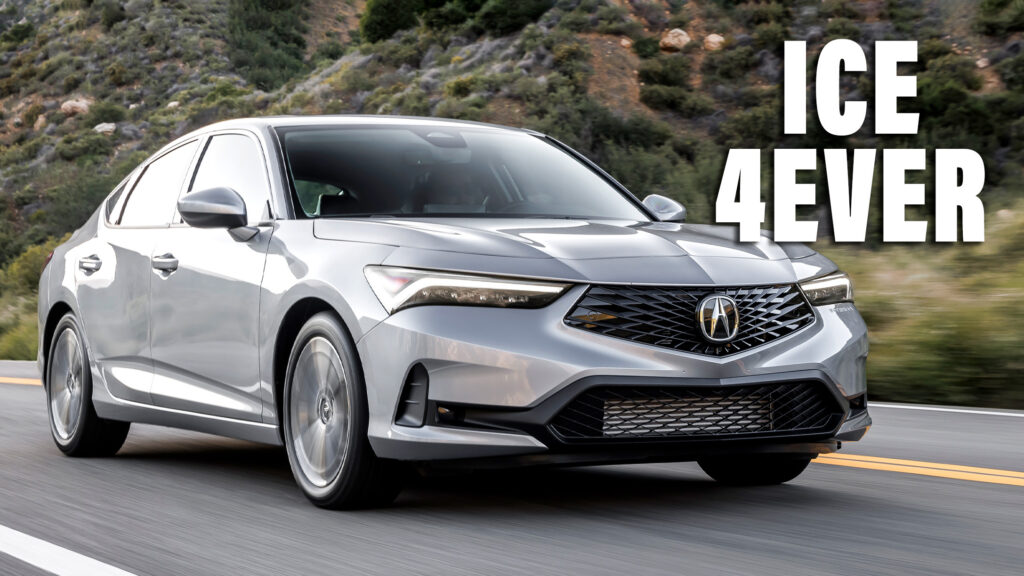As Europe, a number of American states, and others plan to ban the sale of new vehicles powered by internal combustion engines by 2035, Honda says that its own studies show that the technology could stick around until 2040.
Honda CEO Toshihiro Mibe said that the company is currently in the midst of running feasibility studies on future technologies, in a recent interview with Reuters. This research is looking at, among other things, low-carbon synthetic fuels that could help keep combustion engines around for longer, especially in high-performance car, trucks, and airplanes. Despite keeping its options open, the executive said that Honda is focused on electrification and fuel cell technology.
“I’ve been in the engine development business for more than 30 years, so personally it’s a little threatening,” admitted Mibe. “But I have to separate my own feelings from what is best for the business.”
Read: BMW Is Developing A New Generation Of Internal Combustion Engines

The chief executive further confirmed that EVs based on its own dedicated platform would start arriving in the U.S. in 2026, after a pair of electric crossovers based on GM’s Ultium platform debut in 2024.
Honda is committing $40 billion to developing hybrid and fully-electric technologies so that they make up 40 percent of its sales by 2030. That includes a $3.5 billion joint venture in Jeffersonville, Ohio, where it will build batteries with LE Energy Solution starting in 2025.
In addition, it plans to establish a standalone business next month, tasked with the task of developing Honda’s battery business. That could eventually include an investment in developing EV infrastructure, like Tesla’s Supercharger network.
“The charging infrastructure is not at a place that it needs to be for our customers,” said Mibe. He added, however, that “as we move toward carbon neutrality, we are focused on electrification and fuel cells—those are the two core components of future mobility.”





